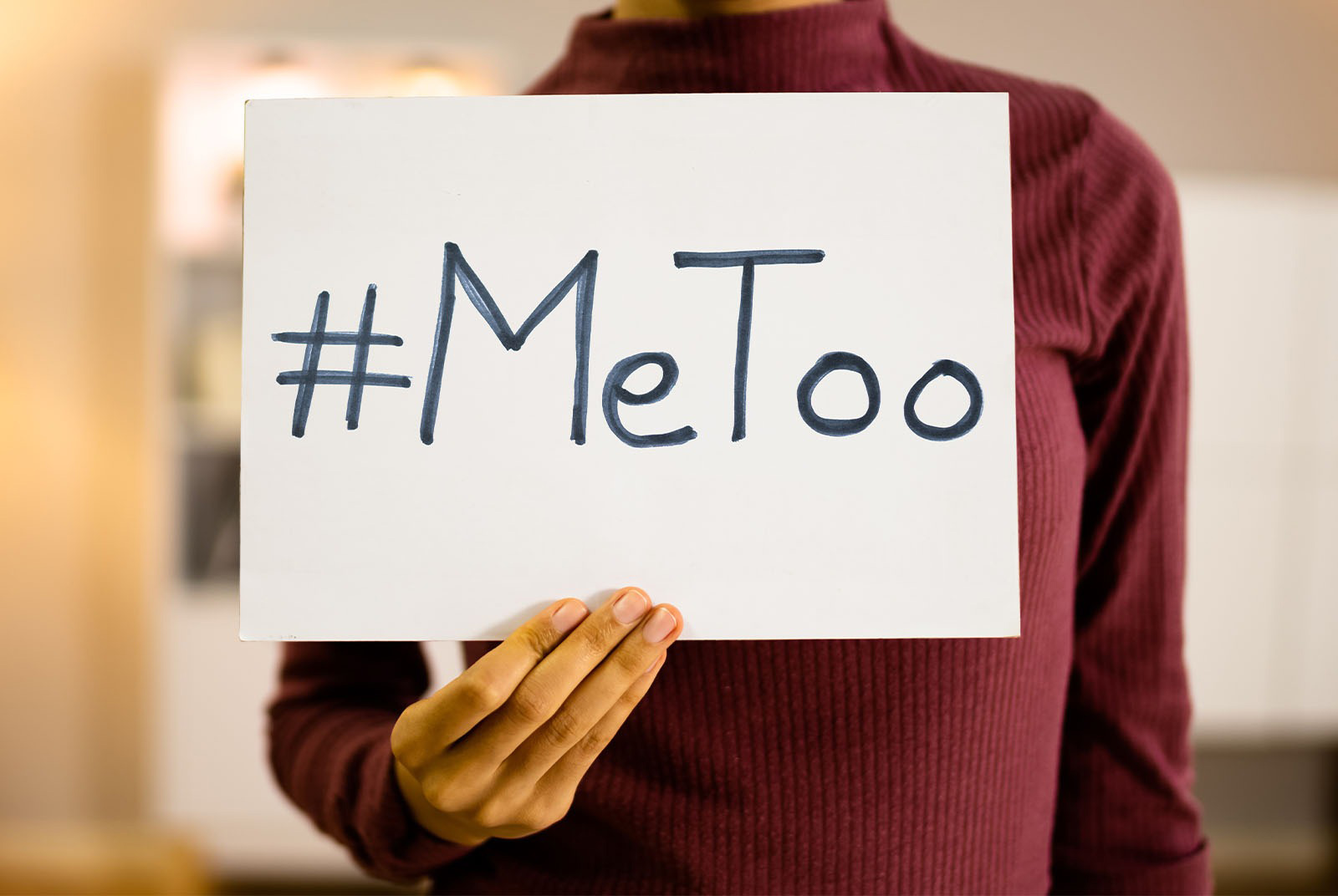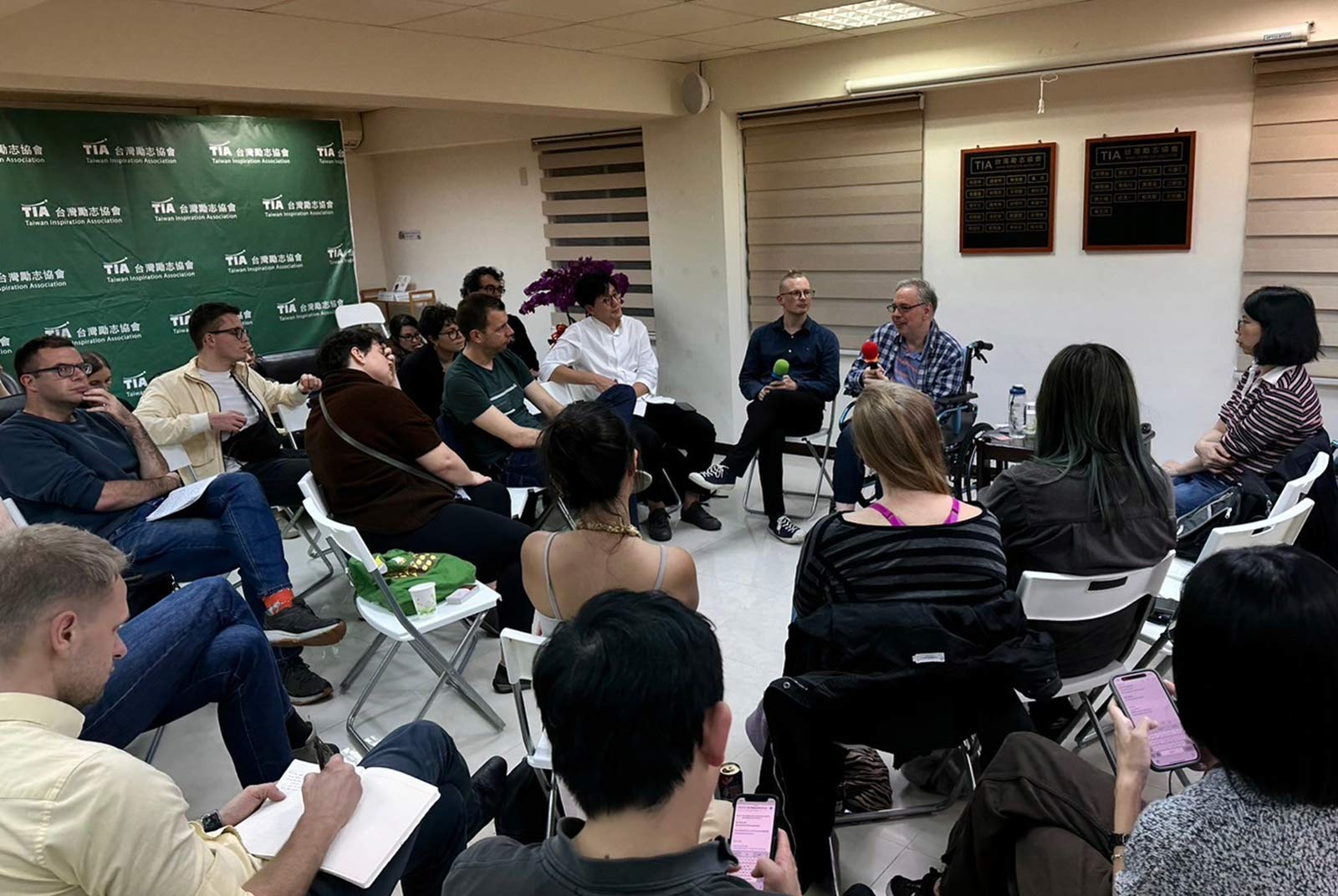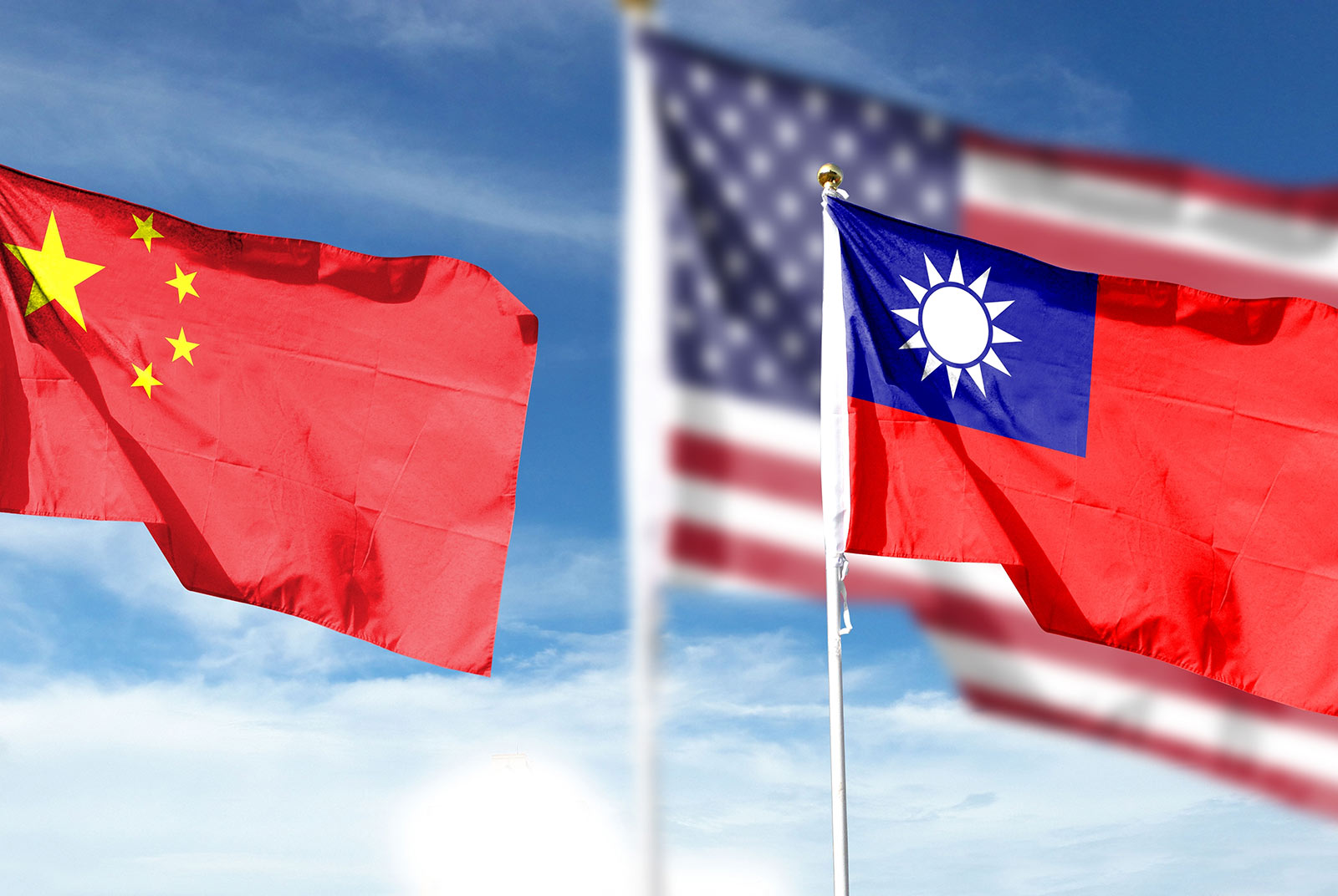An international perspective on Taiwan’s quest for gender equality

Source:shutterstock
Taiwan’s #MeToo moment has arrived. To gain resilience and gather support in facing its multiple internal and external challenges, Taiwan cannot afford to ignore the cause of gender equality.
Views
An international perspective on Taiwan’s quest for gender equality
By Leonardo Papeweb only
During the past few weeks, Taiwan has witnessed a wave of public debate on sexual violence in politics and society. As an international journalist based in Taipei, I have been reporting on the matter for various German news media outlets. Many parallels between the situations of gender equality in Germany and Taiwan have emerged, which are worthy of deeper reflection.
In recent years, Taiwan has successfully projected a very positive image of itself in the world, particularly in some Western countries. Many of my friends back in Germany see Taiwan as a brave democracy threatened by its evil neighbor, China. Although most Germans still have limited knowledge about Taiwan, they are aware of a few facts, such as Taiwan being the only country in Asia to legalize same-sex marriage and having a female head of state.
Facing the threat of aggression from China, Taiwan is in a politically challenging position. To gather support in the international community, it needs to present itself as modern and progressive, deserving of protection. As international journalists like myself, we are generally supportive of this messaging because there is truth in it.
However, this tendency sometimes leads to a rather naive view of Taiwan. A German news editor once told me how surprised she was to hear about the scandals of sexual harassment in Taiwan. She hadn't expected that Taiwan still faced this issue, as it didn't fit the progressive image she had of the country.
I, on the other hand, was not surprised at all. Sexual violence is widespread in almost every country in the world, including Germany. From talking to experts in the field and based on my personal experience, I sense that in Taiwan, a sub-group of socially progressive legislators, NGOs, and other stakeholders have managed to implement laws and institutional mechanisms that aim to promote gender equality and fight various forms of discrimination. However, these values have not yet become part of the social mainstream.
While a part of Taiwanese society has embraced a diversity of sexual identities and orientations, the current debate around sexual harassment shows that the social reality regarding more traditional issues of gender equality between men and women is still heavily influenced by patriarchalism.
Taiwan and Germany share some parallels in this regard. My home country also legalized same-sex marriage in 2017 and had a female chancellor for a total of 16 years. Its legal and institutional frameworks to promote gender equality are far from perfect, but they have come a long way: Flanked by encouraging measures, the employment rate of women has risen from 66% in 2000 to around 73% in 2022 (compared to 81% for men). Since 2007, parental leave after childbirth is open to both men and women and in recent years more subtle forms of sexual harassment that formerly constituted legal grey zones have become punishable under law.
However, it would also be naïve to assume that putting all these mechanisms in place automatically leads to gender equality. Germany's female employment rate seems a lot higher than the numbers for Taiwan (only slightly more than 50 % for women, with around 80 % for men), many women in Germany take on part-time jobs, especially after childbirth, creating dependencies towards their partners. While this pattern can be seen as an expression of individual choices, it also relates back to societal images of gender role divisions. The fact that only a fifth of men take extended parental leave after childbirth shows that the responsibility of childcare is still mostly assigned to women.
In recent years, debates have emerged criticizing the disproportionate burden of unpaid care work placed on women. Whether it involves caring for sick and elderly family members, doing housework, or spending free time with children, these acts are valuable contributions to the family and society, but women bear most of the responsibility, without receiving financial compensation.
In my perception, this gap is even more pronounced in Taiwan. Whenever I pass a school where parents pick up their children (much later than usual in Germany), visit a children's playground, or attend a family-oriented activity, I quietly ask myself, "Where are the fathers?"
Recognizing care work as valuable labor on par with classic wage labor may be a first step for Taiwan to redistribute the burden of care work more equally between men and women, enabling greater workforce participation for females. Redistributing care work may also make the prospect of raising children in Taiwan more desirable, countering the long-standing trend of decreasing birthrates.
Returning to the recent debate on sexual harassment and sexual violence, the cases in Taiwan and Germany reveal both parallels and differences. In Germany, the peak of public attention to the #MeToo movement was around five years ago. Taiwan is only now seriously engaging in a similar debate.
In my view, the discussion has taken an encouraging course over the last few weeks. It started with allegations of sexual violence within the Democratic People's Party (DPP), and there was initial concern that the issue would be weaponized for partisan rivalry in the upcoming presidential election. However, the debate quickly spread to other political parties and ultimately to various social circles, including entertainment, sports, and education. I believe it is this kind of contextualized discussion within different areas of society that can lead to deeper and longer-lasting change.
Another step would be for the debate to shift from being a media phenomenon centered around celebrities' lives to a more personal level, reflecting on daily life instances of gender-related power inequalities and sexual violence across society.
The #MeToo debate in Western countries, including Germany, has introduced new ways to discuss gender issues in daily life settings. For example, the term "mansplaining" became popularized, referring to males adopting a paternalistic and superior attitude while explaining things to women without considering their existing knowledge or interest in the topic. This phenomenon is still widespread in Germany and Taiwan, but in Western societies, there is now a term to address and discuss it. I hope that the current debate in Taiwan also generates new ways to address daily life issues. For instance, recent discussions have problematized the practice of "eating tofu" (吃豆腐), which refers to a man touching a girl or woman in an objectifying and sometimes sexual manner, which was previously commonly accepted in many social circles in Taiwan. It is just one of many examples of daily life gender-related power dynamics that deserve deeper reflection.
Such reflection can only be achieved through a comprehensive social debate. However, in my opinion, the current debate primarily focuses on the accounts of victims and discusses their actions, rights, and wrongs. They often face suspicion, tough questioning, and, in some recent cases, intimidation through legal action or public allegations.
It is not realistic to expect that all alleged perpetrators, mostly men, accused of sexual violence will accept and confess to all charges. Nevertheless, compared to the debates in Germany, it appears that in Taiwan, victims face even greater scrutiny, and the accused tend to escape accountability more easily. I feel that men, in particular, are not adequately held accountable for their actions in the public debate, and what's worse is that many of them don't feel a sense of responsibility to reflect on their own attitudes and behaviors.
Gender equality cannot be achieved without an honest effort from men to question their own attitudes and patterns of behavior.
Finally, what can Taiwan gain from all this hard work of discussing gender roles, redistributing responsibilities, and enforcing legal and social accountability for acts of sexual violence? I began by mentioning the positive image that Taiwan has managed to project of itself in the Western world in recent years.
Promoting gender equality further will increase respect for Taiwan in these countries, demonstrating that Taiwan faces similar challenges as other democratic societies and is genuinely striving to overcome them.
More importantly, I believe that a genuine commitment to gender equality will make Taiwanese society stronger and more resilient in the long term. Taiwan needs all its strength to confront the threats to its existence and prosperity, both internally and externally. On this path, it cannot afford to ignore the cause of gender equality.
(This piece reflects the author's opinion, and does not represent the opinion of CommonWealth Magazine.)
About the Author:

Leonardo Pape is an independent journalist from Germany, based in Taipei. He reports on political and societal issues in Taiwan for various German news media outlets, such as taz daily newspaper and ARD public radio.
Have you read?
- From the Island of Women to #MeToo
- Gender Subordination in Taiwan: The Need for Accurate and Nuanced Analyses
Uploaded by Ian Huang






